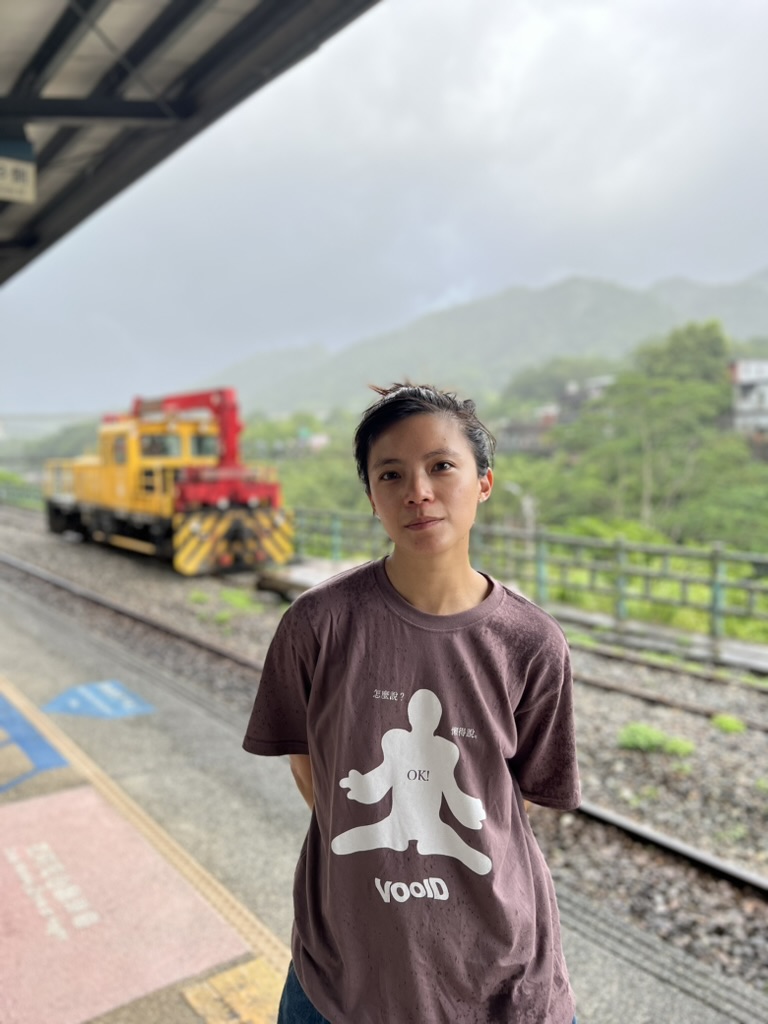
Cindy Lin (林凯莹) is the Stephen Fleming Early Career Assistant Professor at the School of Interactive Computing at Georgia Tech. She is the director of Critical Technocultures Lab. Prior to her professorship at Georgia Tech, she was an assistant professor at the College of Information Sciences and Technology at Penn State and a Postdoctoral Fellow at the Cornell Atkinson Center for Sustainability and the Department of Information Science. She was also a Digital Life Initiative Visiting Fellow at Cornell Tech.
Cindy’s (she/her) research centers on the data practices, exchanges, and expertise of climate change and their relationship to environmental governance in Indonesia and the United States.
Cindy’s current book project, The Volatile World: Agile Governance, AI, and the Politics of Fire Prediction in Indonesia, examines how environmental data and AI are used to predict and govern highly volatile fires on Indonesia’s tropical peatland, the world’s largest terrestrial natural carbon store. Drawing from 3 years of ethnographic research with government ministries and agencies in Jakarta and with North American technology firms contracted as service providers to these institutions, I show that what started out as a state-driven initiative to monitor fire risk from afar transformed into a set of computing and labor-intensive efforts to stabilize fires.
Her work has been published in leading computing venues including ACM CSCW, CHI, DIS, and PD and has been featured in Social Text and CoDesign. Her graduate studies and research have been funded by the National Science Foundation, Dow Sustainability Fellows Program, Rackham Graduate School and the International Institute at the University of Michigan.
Cindy is the co-author of Technoprecarious, a multigraph written with Precarity Lab. She was also the co-director of DoIIIT, an interactive design and making studio. She holds a Ph.D. in Information from the School of Information (UMSI) and a graduate certificate from the Science, Technology, and Society Program at the University of Michigan, Ann Arbor.
︎ clin646@gatech.edu
Cindy’s (she/her) research centers on the data practices, exchanges, and expertise of climate change and their relationship to environmental governance in Indonesia and the United States.
Cindy’s current book project, The Volatile World: Agile Governance, AI, and the Politics of Fire Prediction in Indonesia, examines how environmental data and AI are used to predict and govern highly volatile fires on Indonesia’s tropical peatland, the world’s largest terrestrial natural carbon store. Drawing from 3 years of ethnographic research with government ministries and agencies in Jakarta and with North American technology firms contracted as service providers to these institutions, I show that what started out as a state-driven initiative to monitor fire risk from afar transformed into a set of computing and labor-intensive efforts to stabilize fires.
Her work has been published in leading computing venues including ACM CSCW, CHI, DIS, and PD and has been featured in Social Text and CoDesign. Her graduate studies and research have been funded by the National Science Foundation, Dow Sustainability Fellows Program, Rackham Graduate School and the International Institute at the University of Michigan.
Cindy is the co-author of Technoprecarious, a multigraph written with Precarity Lab. She was also the co-director of DoIIIT, an interactive design and making studio. She holds a Ph.D. in Information from the School of Information (UMSI) and a graduate certificate from the Science, Technology, and Society Program at the University of Michigan, Ann Arbor.
︎ clin646@gatech.edu